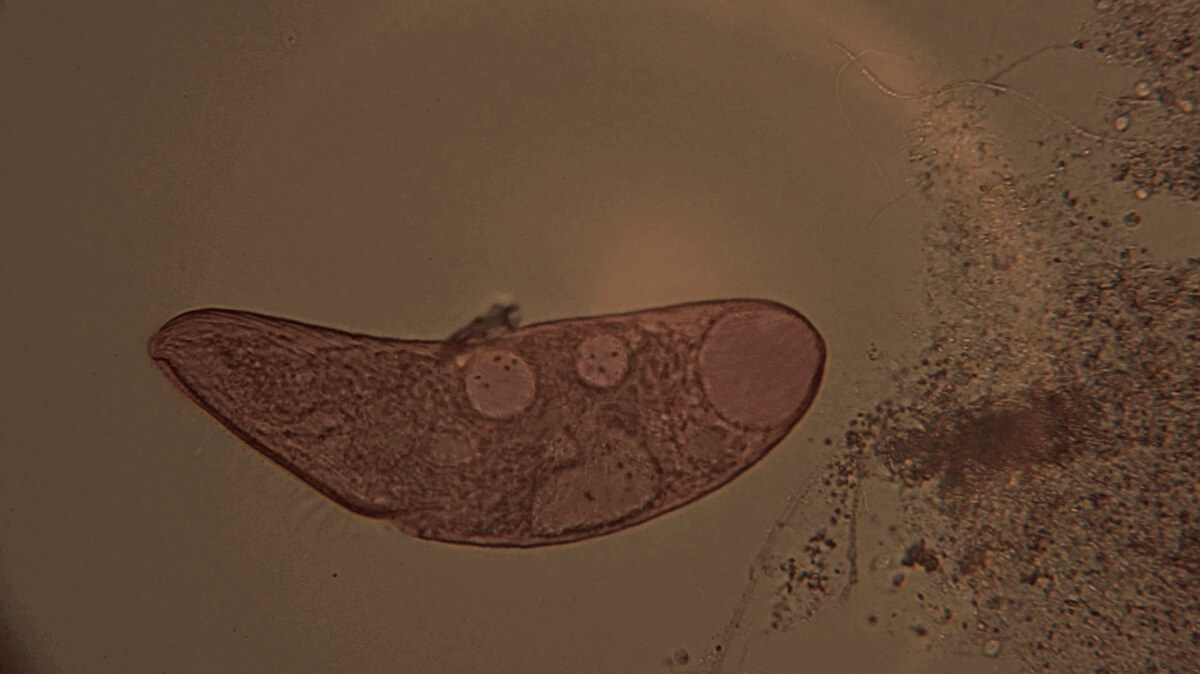Next-Generation Sequencing (NGS) or massively parallel sequencing has facilitated the integration of sequencing applications in biological research as it offers flexibility, robustness, and high throughput. A typical NGS workflow involves four key steps: sample preparation, library preparation, sequencing, and data analysis.
Library preparation is a critical process that sets the foundation of reliable sequencing data by converting the nucleic acid into a sequence-ready format. The process includes DNA fragmentation, adapter ligation, PCR amplification, purification, quantification, and normalization. If multiple samples are to be sequenced in a single run, individual libraries are indexed and pooled together. To ensure data integrity, this multi-step process demands precise liquid handling and meticulous attention to detail. Therefore, factors such as precision in pipetting volumes, protocol complexity, reaction miniaturization, processing time, and throughput level should be considered while selecting a liquid handling approach.
General steps of a typical NGS workflow. Sample preparation may include an additional step of cDNA synthesis for RNA samples prior to library preparation
Library preparation with manual liquid handling is time-inefficient, labor-intensive, and constrained by limited throughput. Moreover, it becomes challenging to miniaturize the reaction using hand-held pipettes as these are prone to errors, leading to inconsistent results. Automating the NGS library preparation effectively addresses these challenges by providing precise and consistent dispensing to execute complex protocols, particularly for small volumes, thereby cutting the processing costs through miniaturization.
Formulatrix Automated Liquid Handling for NGS Library Preparation
Formulatrix automated liquid handling (ALH) offers accurate low-volume transfers for miniaturized reactions, while saving time and cost. Our portfolio consists of non-contact liquid dispensers including the Mantis® and the Tempest®, alongside the liquid handlers, the F.A.S.T.TM and the FLO i8® PD to enhance the library preparation efficiency with high throughput.
Mantis and Tempest, the tipless liquid dispensers by Formulatrix, use patented microfluidic technology for dispensing volumes in sub µL range with high precision. The F.A.S.T. (Flow Axial Seal Tip) is a 96-channel, positive displacement liquid handler which offers volume ranges from 0.1 to 13 µL. The Flo i8, an air displacement liquid handler with 8 independent spanning channels and is well-suited for higher volume transfers. The channels are integrated with flow rate sensors for real-time liquid class optimization.
This range of ALH technologies not only ensures precise and reproducible dispensing even for difficult reagents, but also reduces reagent consumption and overall cost by miniaturizing the library preparation.
Read about a case study showing how 1/4 volume reactions produce high-quality sequencing data
The Formulatrix ALH systems are compatible with CSV format files to streamline the complex and labor-intensive tasks of sample pooling, normalization, and serial dilution. Additionally, the application programming interface (API) enables seamless integration into any laboratory setup for complete automation.




Mantis
Tempest
F.A.S.T.
FLO i8 PD
Precision
<2 % at 100 nL
<5 % at 200 nL
<5 % at 100 nL
<5 % at 1 µL
Miniaturization
Down to 100 nL dispense
Down to 200 nL dispense
Down to 100 nL transfer
Down to 500 nL tansfer
Throughput
Plates up to 1536 wells, Up to 48 reagents
Plates up to 1536 wells, 24 plates stacking capacity, Up to 12 reagents, 96 nozzles
Plates up to 384 wells, 96 channel head, 6 on-deck positions
Plates up to 384 wells, 8 independent channels, 10 on-deck positions
Intuitive UI Features
CSV input, backfill, and concentration normalization
CSV input, serial dilution, picklist, pooling, broadcasting, plate stamping and concentration normalization
Formulatrix automated liquid handling systems address the challenges of a precise and cost-effective NGS library construction

“The Formulatrix F.A.S.T. instrument proved vital in the construction of our long-read scLIS-seq libraries. It enables us to efficiently perform plate-to-plate transfers of single microliter volumes of single cell cDNA. Additionally, the instrument allows us to combine 384 unique indexing primers from four separate plates to our cDNA plate in record time, mitigating the risk for evaporation.”
Webinars
Learn how to enhance lab workflows with RNAi screening, automate biological sample prep, and optimize transfection processes, driving efficiency and reproducibility in your research.
This webinar demonstrates how to optimize single-cell RNA-seq workflows with the Mantis liquid dispenser, providing methods to correct 3' bias and enhance experimental accuracy.
Application Notes
Learn how miniaturized Nextera XT library preparation using the Mantis saves 75% on reagent costs while maintaining high-quality RNA-seq libraries from low-input murine neuronal cells.
Enable high-sensitivity, reproducible single-cell RNA-seq by integrating the Mantis with SMART-Seq, maximizing efficiency and detailed transcriptome analysis from minimal sample inputs.





